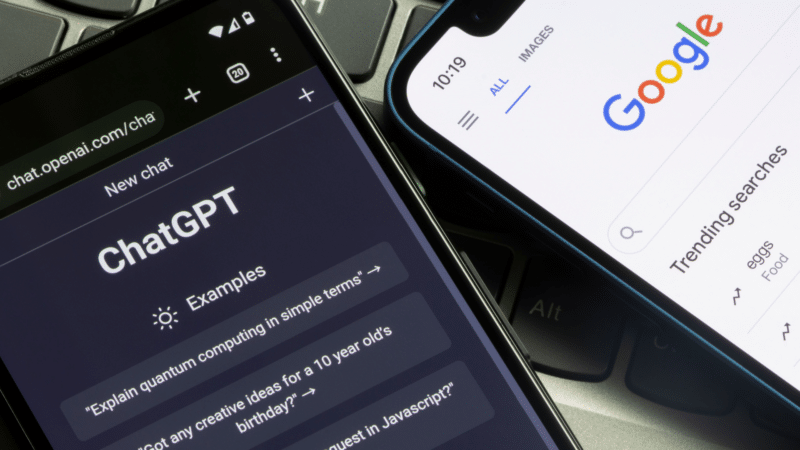
In an era where digital transformation is reshaping the landscape of information retrieval, the emergence of conversational AI models, such as ChatGPT, is poised to challenge the prevailing dominance of traditional search engines like Google. With Google commanding approximately 90% of the market share for over two decades, the conventional web index-based model has long dictated how users access information. But as artificial intelligence continues to evolve, the implications for Search Engine Optimization (SEO) and digital marketing strategies cannot be overstated.
Traditional search engines rely heavily on keyword-based querying, utilizing sophisticated algorithms to crawl the web and rank pages by relevance and authority. With this model, users receive a straightforward list of links, often interspersed with paid advertisements that form a significant portion of search revenue. This indexing breadth ensures users can access extensive information, however, it comes at the cost of a more transactional user experience.
Conversely, models like ChatGPT offer a groundbreaking shift toward an interactive information retrieval process. Users can engage with this conversational AI using natural language, allowing for a dialogue that evolves based on context and past interactions. This feature not only enhances engagement but also leads to personalized responses that traditional search engines cannot replicate. For software developers, marketers, and SEO professionals, understanding and incorporating these conversational cues into content strategies is becoming increasingly crucial.
While traditional search engines focus on delivering precise results, ChatGPT excels in depth, particularly for complex queries where a simple list of links may fall short. The engaging and conversational nature of these interactions presents unique opportunities for marketers and developers. Crafting content that addresses specific user questions in a conversational manner can significantly improve visibility. This shift necessitates a reevaluation of current SEO practices, focusing on natural language optimization and organizing content to facilitate interaction with conversational AI.
Furthermore, the integration of conversational AI in marketing opens avenues for personalized campaigns and real-time user engagement, fostering a deeper connection with audiences. As SEO strategies evolve, adapting to the conversational model will provide a competitive edge in capturing and retaining consumer attention.
Looking ahead, the evolution of information retrieval is expected to oscillate between the precision of traditional search engines and the depth offered by conversational AI. A hybrid model that incorporates the strengths of both systems will enhance user experience while addressing the ethical implications of AI usage.
In the context of URL shorteners and link management, integrating these advanced models can facilitate more effective tracking and analysis of user interactions. Shortened links can be optimized for conversational queries, improving the chances of direct engagement and click-through rates. Marketers and SEO specialists should leverage tools like BitIgniter and LinksGPT to ensure that URL strategies align with evolving search behaviors.
In conclusion, as conversational AI continues to rise, it prompts digital marketers and SEO professionals to evolve their strategies. Embracing this new reality requires a balance between maintaining the accuracy offered by traditional search engines and elevating user engagement through AI-driven conversations. The digital landscape is indeed shifting, and those who adapt will find themselves at the forefront of this transformation.
#BitIgniter #LinksGPT #UrlExpander #UrlShortener #DigitalMarketing #SEO #ConversationalAI
Want to know more: https://searchengineland.com/will-chatgpt-be-the-new-google-446223

